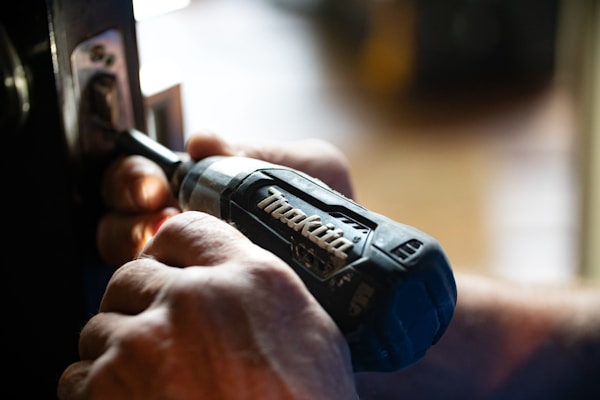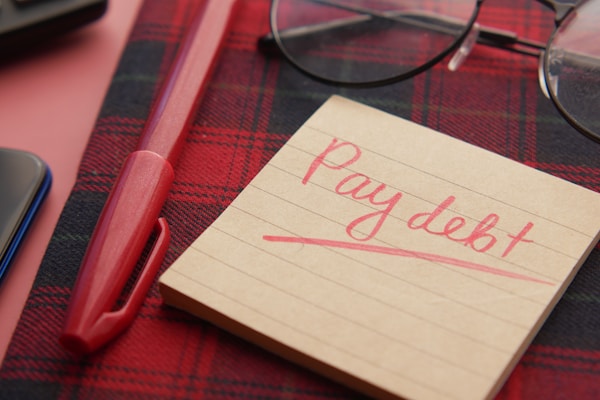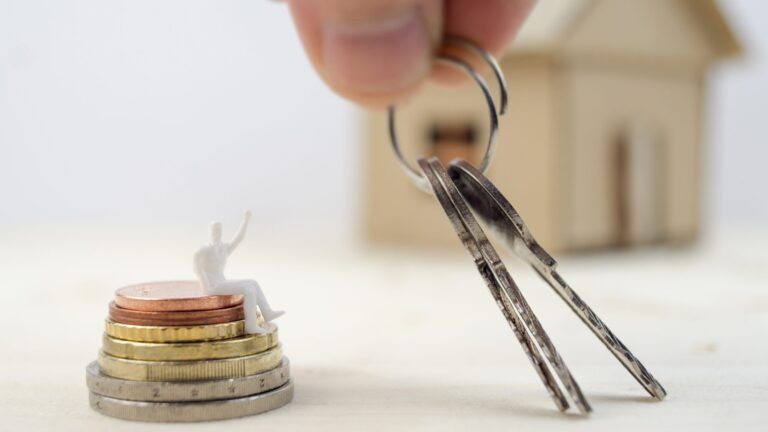Homeownership is a significant investment and can have a major impact on your finances. It’s important to understand the costs and budget accordingly to ensure success. In this article, we’ll explore the impact of homeownership on your finances, how to budget for it, and strategies to make the most of your money. Keep reading to learn more.
Obtaining a Home Warranty Policy
A home warranty provides coverage for unexpected repairs and replacements to major systems or appliances in your home, such as HVAC systems, plumbing fixtures, electrical wiring, and other items. The average home warranty cost can range from $300 to $600 per year depending on what type of service you choose. However, if an issue arises with any covered item that requires repair or replacement, it could save you thousands of dollars. When budgeting for a new home purchase, it’s important to factor in the additional costs associated with obtaining a reputable home warranty plan so that you are prepared when necessary repairs arise throughout the life of your investment.
Additionally, if you ever decide to sell your property, having an existing home warranty may help reduce buyer apprehension since they will have some assurance that their future investments into maintenance won’t cost them too much money right away. All things considered, taking out a quality homeowners insurance policy along with purchasing a reliable home warranty plan is one way to ensure peace of mind while protecting yourself against expensive financial burdens down the road.
Budgeting for Repairs

Budgeting for success is a key factor. One of the most important aspects of budgeting for home ownership is understanding how much home repairs cost. For example, you may be wondering, “How much does a new roof cost in Maryland?” While this cost will vary depending on factors such as size, materials used, and labor costs, there are some general guidelines that can help you plan ahead for this major expense. On average, you can expect to pay between $5,000 to $7,000 for a new roof in Maryland with higher quality materials and installation services costing more. This cost includes both the replacement shingles and the labor involved in performing all necessary repairs to ensure your roof lasts through inclement weather conditions without issue.
It’s also important to consider other components associated with replacing or repairing a roof like flashing around chimneys or vents which could add additional expenses to your overall bill. Additionally, if any structural issues are detected during an inspection prior to installing the new material, then repair work may need to be done before starting installation which could add even more money to the project cost.
Establishing an Emergency Savings Fund
An emergency savings fund will help to cover unexpected expenses such as medical bills, car repairs, or other unplanned costs. It is essential for all homeowners to plan ahead and anticipate potential risks in order to protect themselves from financial hardship when these emergencies arise. The first step towards establishing an emergency savings fund is creating a budget. This should include regular contributions into the account each month which should be taken out of your paycheck before other expenses are accounted for. The amount saved should be determined by the individual’s own personal needs and preferences, but it could range anywhere from three months’ worth of living expenses up to six months’ worth depending on the circumstances. A budget also helps you stay disciplined with spending and prevents overspending on items you don’t need or won’t use in the long run.
Another key factor in setting up an effective emergency savings fund is finding a reliable place to store money where it will remain safe while also earning interest over time. This could be either a high-interest bank account or investment products like mutual funds, bonds, stocks, etc., depending on how much risk you’re willing to take with your investments. Additionally, if possible, try separating two different accounts—one for liquid funds (i.e., cash) and another for less accessible investments (i.e., stocks). Doing so allows you more flexibility when dealing with any sudden expense without having access restrictions due to withdrawal limits associated with certain investment products.
Managing Debt Load Effectively

Homeowners are faced with a variety of expenses that require payment, including mortgage payments, condo fees, home insurance premiums, taxes, and maintenance costs. All these expenses can quickly add up to create a large monthly debt burden for the homeowner and it’s important to manage this effectively in order to maintain financial stability. The best way to do this is by creating a budget that accounts for all these expenses and making sure you stick to it. It’s also wise to make use of available resources such as online calculators or personal finance software programs, which can help you track your spending patterns and ensure that all bills are paid on time.
Additionally, reducing discretionary spending or taking on additional employment opportunities may be necessary if there isn’t enough income coming in each month to cover the cost of living after factoring in housing costs. Finally, consolidating debts into one loan with a lower interest rate may be beneficial if done responsibly; however, care should be taken not to over-extend oneself when taking on new loans as missed payments could lead to further financial difficulty down the line.
Altogether, homeownership can have a significant impact on a person’s finances and budgeting. It can provide financial stability and security, as well as tax advantages.

